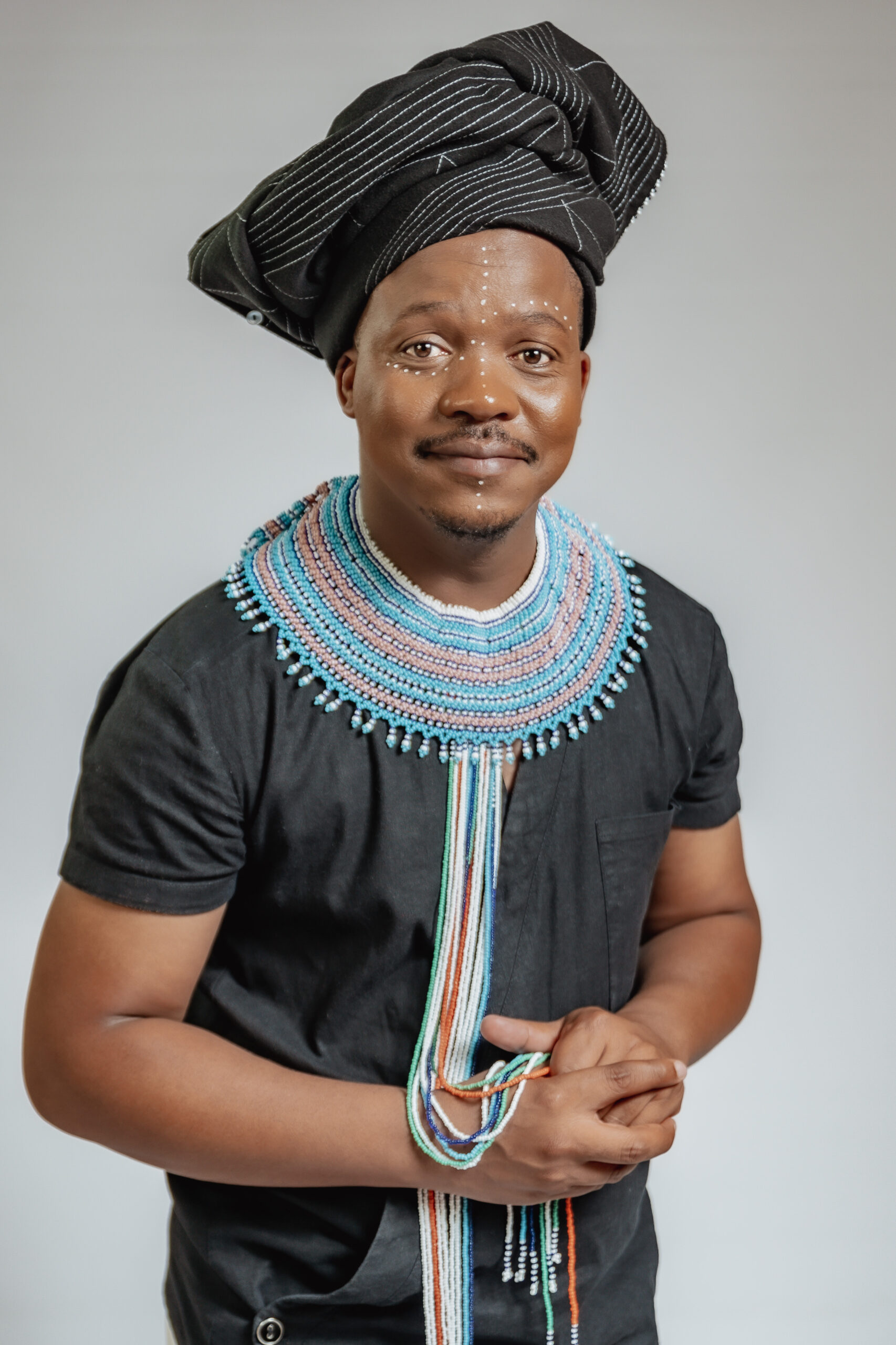In exactly 109 days, Cape Town assumes the coveted title of World Design Capital 2014.
This sought-after accolade will turn the eyes of the world’s media and the global creative community to Cape Town over the next 18 months, starting with the first of six “signature events” next week.
On Wednesday 18 September 2013, the first event kicks off with the City promoting Cape Town as the World Design Capital 2014 to the global design audience at the Design Week Forum in London.
But the World Design Capital designation is not only about showcasing our unique designs and local creativity to the world, it is also an opportunity to improve the lives of all Capetonians. The City of Cape Town is using its World Design Capital status to help residents re-imagine their communities by hosting co-design workshops, covering all 111 Wards across the city.
To date, successful pilot co-design workshops have been held in Mitchells Plain, Hanover Park, Durbanville and the Bo-Kaap, and a total of 34 more workshops – 10 between this month and November, and 24 next year – are being scheduled at various venues across the city. Dates and times will be communicated in the local press.
Design is not just about arts and crafts and for the moneyed and well-heeled. Rather, it can fundamentally change the way people live in this City and address the challenges we have in a sustainable and innovative way.
The opportunity to be the World Design Capital for 2014 brings with it the responsibility of applying innovative design solutions to our challenges.
People can use design to change the way they live, the way schools and clinics are built, and how and where new development takes place.
Last month we read about how design and out-of-the-box thinking improved the lives of people staying in the Mshini Wam informal settlement near Milnerton. Residents there realised that, even though there are long waiting lists for housing, they could start improving their environments themselves. Through NGO, the Community Organisation Resource Centre (Corc), a group of 256 families reconfigured their area. Shacks were moved and spaced so streets could be created, improving access for residents, visitors and, most importantly, emergency vehicles.
This is just one example of how design can be used to improve people’s lives.
The International Council of Societies of Industrial Design (Icsid) actively encourages World Design Capital cities to shape the opportunity and interpret the designation to be relevant within their own contexts.
Cape Town will bring its own unique vision to the project using World Design Capital 2014 as an opportunity to harness the problem-solving powers of design and designers, and the creativity and resourcefulness of our communities, to transform Cape Town into one of the most inclusive, sustainable and productive cities on the African continent.
The second in the signature events will be the New Year’s Eve of Design, planned for the Grand Parade on 31 December 2013. The event will mark the official launch of Cape Town’s World Design Capital programme.
Other events next year include a Design Gala in February, a Design Policy Conference focusing on Africa, as well as a Design House Exhibition, which will see international exhibitors showcase the best designs from their cities, in November.
To round off the year’s events, a Convocation Ceremony – a symbolic event highlighting the official “hand-over” of the World Design Capital title from Cape Town to the next host city in 2016 – will be held in December 2014.
Alongside the signature events, a public engagement programme facilitated by Cape Town Design and the City is also being devised. The local programme will be announced in November.
About the World Design Capital
The World Design Capital title is awarded bi-annually by Icsid to give global prominence to cities that use design for their social, economic and cultural development.
Founded in 1957 and active in 50 countries, Icsid has awarded the World Design Capital designation thrice before Cape Town – to Torino, Italy (2008); Seoul, South Korea (2010); and Helsinki, Finland (2012).
The World Design Capital title is awarded in advance, allowing winning cities sufficient time to plan, develop and promote a year-long programme of World Design Capital-themed events for their designated year.






